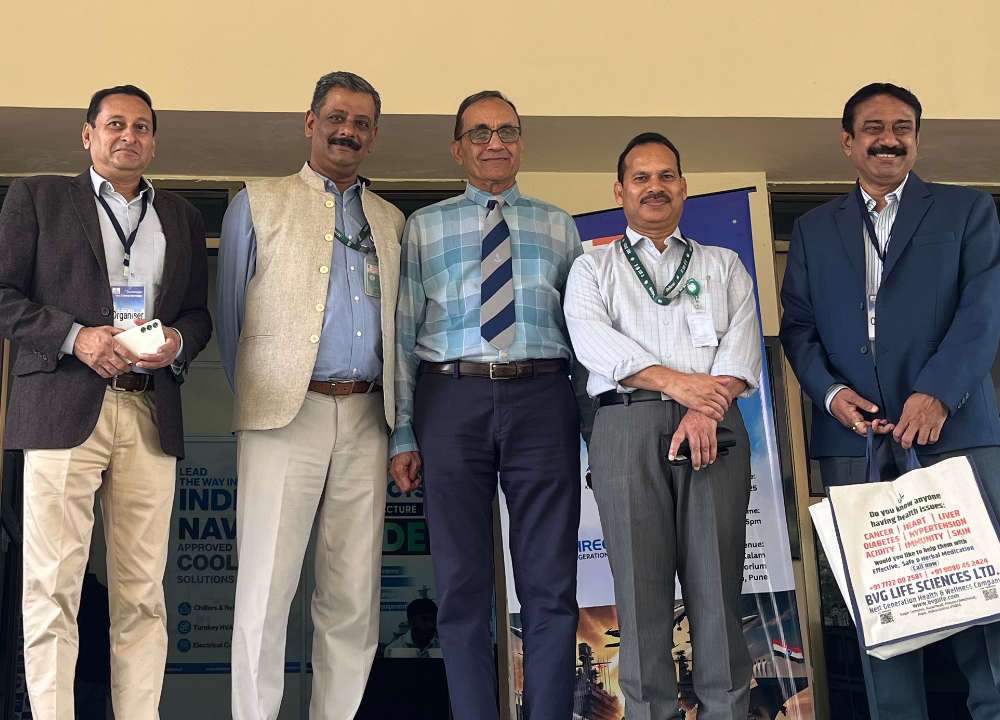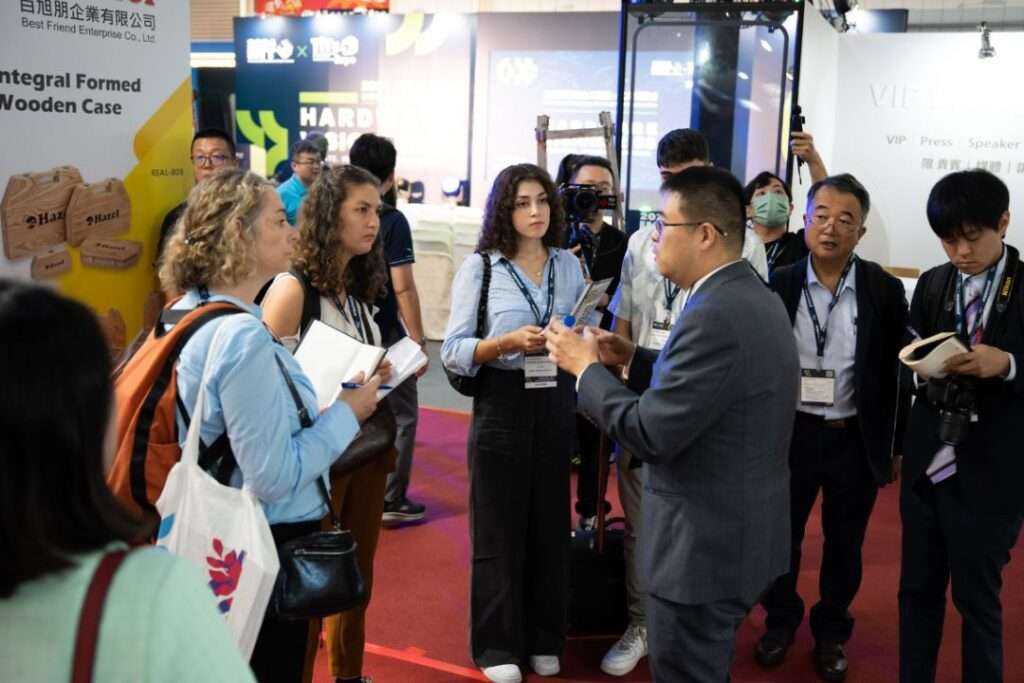The Union Cabinet, led by Prime Minister Narendra Modi, has cleared four additional semiconductor manufacturing proposals under the India Semiconductor Mission (ISM), marking another step in building a robust domestic semiconductor industry. These projects—proposed by SiCSem, Continental Device India Ltd (CDIL), 3D Glass Solutions Inc, and Advanced System in Package Technologies (ASIP)—will bring in a combined investment of approximately ₹4,600 crore. Together, they are expected to create direct employment for over 2,000 skilled workers and generate many more indirect jobs across the electronics manufacturing sector.
With these new approvals, the number of sanctioned semiconductor projects under ISM has reached ten, attracting total investments nearing ₹1.60 lakh crore across six Indian states. The move comes at a time when demand for semiconductors is rising sharply across sectors such as telecom, automotive, data centres, consumer devices, and industrial equipment.
In Odisha, SiCSem Pvt Ltd, in partnership with UK-based Clas-SiC Wafer Fab Ltd, will set up India’s first commercial silicon carbide compound semiconductor fabrication unit at Info Valley, Bhubaneswar. The plant will manufacture SiC-based power devices for sectors such as defense, electric vehicles, solar inverters, and railway systems, with an annual capacity of 60,000 wafers and 96 million packaged units.
Additionally, 3D Glass Solutions Inc will establish an advanced packaging and embedded glass substrate facility in the same area, introducing technologies like 3D Heterogeneous Integration and glass interposers. This plant is projected to produce 69,600 glass substrates, 50 million assembled components, and 13,200 3DHI modules annually.
In Andhra Pradesh, ASIP Technologies, in collaboration with South Korea’s APACT Co Ltd, will set up a packaging facility capable of producing 96 million units per year. The production will cater to devices including smartphones, automotive electronics, set-top boxes, and other consumer electronics, supporting both domestic and global demand for advanced packaging solutions.
In Punjab, Continental Device India Ltd (CDIL) will expand its discrete semiconductor manufacturing facility in Mohali. The upgraded unit will focus on producing high-power components such as MOSFETs, IGBTs, transistors, and Schottky diodes, using both silicon and silicon carbide technologies. With an annual capacity of 158.38 million units, the facility will cater to industries such as electric mobility, renewable energy, power management, and industrial automation.
These projects reflect a growing emphasis on semiconductor manufacturing in India, with each state contributing unique capabilities to strengthen the country’s position in advanced electronics and component production. From cutting-edge silicon carbide fabrication in Odisha to high-volume packaging in Andhra Pradesh and advanced power component manufacturing in Punjab, these developments are poised to boost domestic production capacity and reduce reliance on imports.
These projects represent significant technological advancements, including India’s first compound semiconductor fabrication unit and one of the most advanced glass substrate packaging facilities globally. They are expected to strengthen India’s position in the global semiconductor value chain and align with the nation’s goal of becoming self-reliant in chip manufacturing.
Furthermore, these efforts will complement the growing ecosystem of chip design in the country. The government is already supporting 278 educational institutions and 72 startups through dedicated infrastructure and talent development programs. More than 60,000 students have benefited so far, helping build a skilled workforce for the semiconductor industry.








